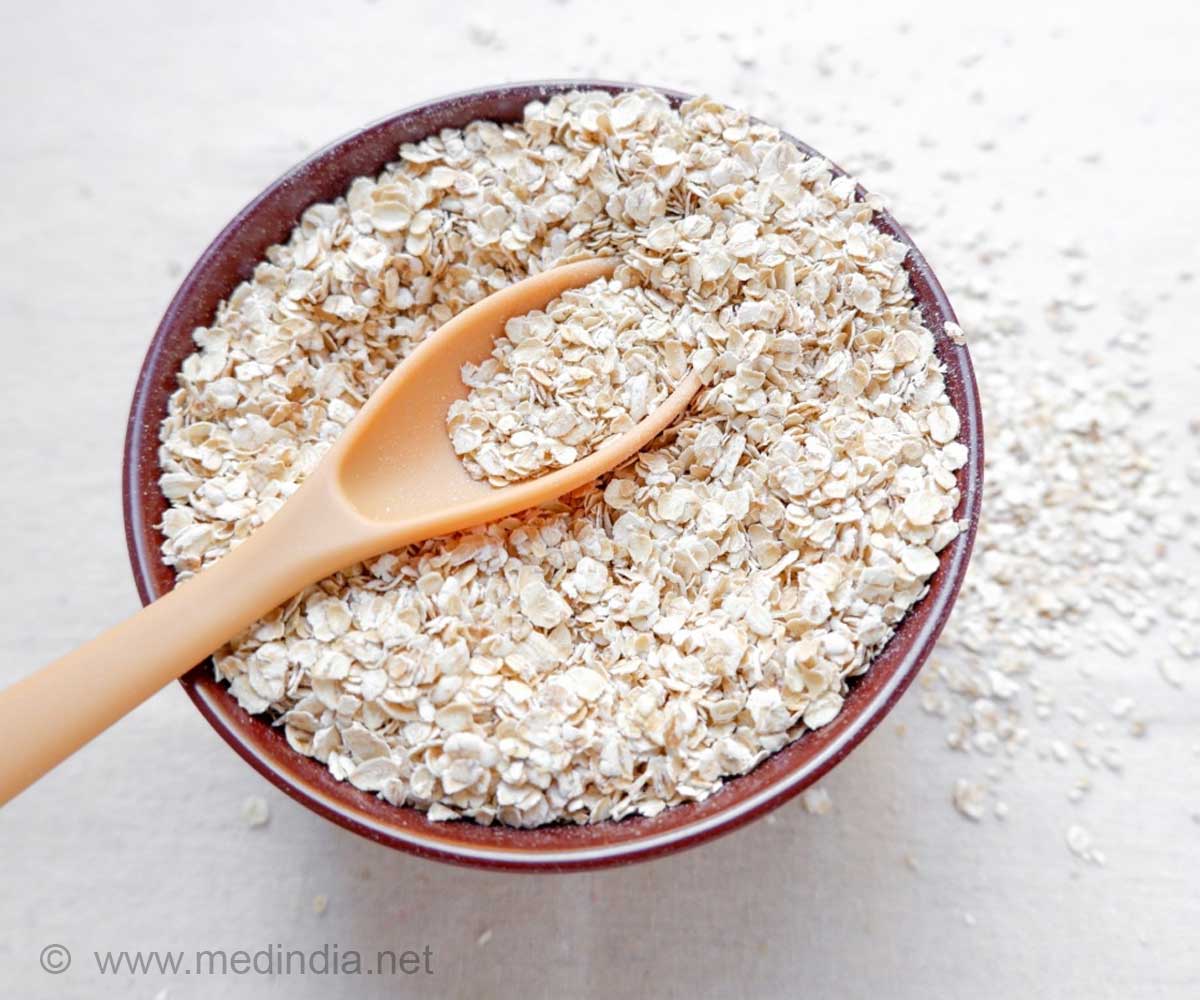High fiber diet can boost the immune system and prevent or reduce food allergies. Gut bacteria breaks down the fiber into short-chain fatty acids to resist allergic triggers.

‘Food allergies are on the rise in the recent years. A high-fiber diet changes bacteria in the gut to protect against food allergies such as peanut allergy.’





The immune system’s interaction with bacteria in the gut prevents allergic reactions and boosting beneficial gut bacteria using prebiotics or probiotics could prevent the allergies, reported the researchers. In the recent years, peanut and other allergies are on the rise. Exposure to allergens such as nuts while in utero or through dietary supplements, allergies in infants and children can be prevented.
While there has been a rise in peanut and other allergies in recent years, research shows that exposure to allergens such as nuts while in utero or through dietary supplements, allergies in children and infants can be prevented.
Experiments conducted in mice with peanut allergies showed that a high-fiber diet can protect against peanut allergy by changing the microbiomes of the gut and colon.
Bacteria in the gut breaks down the fiber into short-chain fatty acids and help the immune system to resist allergic triggers. This is done by boosting dendritic cells in the immune system, which require vitamin A, only obtained through diet to work.
Advertisement
"These studies show that diet, bacterial composition, and metabolites collectively account for food allergy in mice and operate through several pathways. Similar mechanisms may underlie the increased incidence of food allergies in certain human populations," the authors noted.
Advertisement
Source-Medindia















